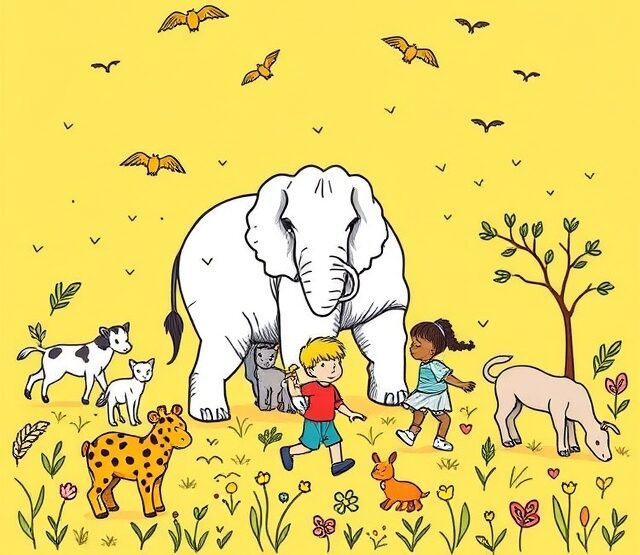Parenting styles have evolved dramatically over the years, giving rise to various approaches that reflect different values and priorities. Terms like helicopter, tiger, panda, jellyfish, lighthouse, and free-range have become popular globally. But why are they named this way? What do these styles mean, and which resonates with Indian parents? Let’s explore.
1. Helicopter Parenting:
Why the name? Like helicopters hovering overhead, these parents are always present in their children’s lives, overseeing every move.
What it means: Helicopter parents are deeply involved in their child’s academics, hobbies, and even friendships. They aim to protect their children from all risks but may unknowingly hinder their ability to be independent.
Indian Parents: Many urban Indian parents prioritize academic excellence and career planning, making this style popular especially in competitive settings.
2. Tiger Parenting:
Why the name? Inspired by the tiger’s fierce nature, this style reflects discipline, high expectations and a no-nonsense attitude toward success.
What it means: Tiger parents push their children to excel, often focusing on achievements in academics, music or sports.
Indian Parents: This style resonates with traditional Indian values of perseverance and hard work, though it can sometimes lead to stress for children under constant pressure to perform.
3. Panda Parenting:
Why the name? Pandas symbolize gentleness and care. This approach emphasizes emotional bonding and nurturing.
What it means: Panda parents provide a supportive, relaxed environment without overwhelming their children. They focus on raising happy, emotionally secure kids.
Indian Parents: This style is slowly gaining traction, especially among parents prioritizing mental health and individuality over rigid discipline.
4. Jellyfish Parenting:
Why the name? Like jellyfish, this style lacks structure, allowing flexibility and flow without strict rules.
What it means: Jellyfish parents believe in minimal interference, letting children explore life at their own pace.
Indian Parents: This approach is less common in India, though some progressive families are starting to embrace it.
5. Lighthouse Parenting:
Why the name? Like a lighthouse guiding ships at sea, these parents provide consistent support and guidance while allowing children to navigate independently.
What it means: Lighthouse parents strike a balance between discipline and freedom, ensuring their children grow into confident, responsible adults.
Indian Parents: This style naturally aligns with Indian parenting, blending traditional values with modern sensibilities.
6. Free-Range Parenting:
Why the name? The term originates from the concept of free-range farming, where animals roam freely and learn from their environment.
What it means: Free-range parents trust their children to handle challenges independently, giving them freedom and responsibility.
Indian Parents: While safety concerns often limit this style in India, elements of free-range parenting reflect traditional village life, where children were nurtured by the community and learned through exploration.
What Do Indian Parents Follow?
Indian parenting often blends styles, reflecting diverse cultural and regional values. Many parents integrate aspects of helicopter, tiger and lighthouse parenting, with a growing awareness of emotional well-being influencing their approach.
The key is adaptability. Parents today strive to balance discipline with affection, fostering confident, resilient children in a rapidly changing world.
There is no one-size-fits-all approach to parenting. Each style has its merits and challenges. Indian parents, with their cultural richness often tailor their approach to suit their children’s needs. Striking a balance between guidance and independence can ensure children grow into happy, capable adults.










I am really inspired with your writing talents and also with the layout to your blog. Is this a paid topic or did you modify it your self? Anyway stay up the excellent quality writing, it’s rare to look a great weblog like this one today!